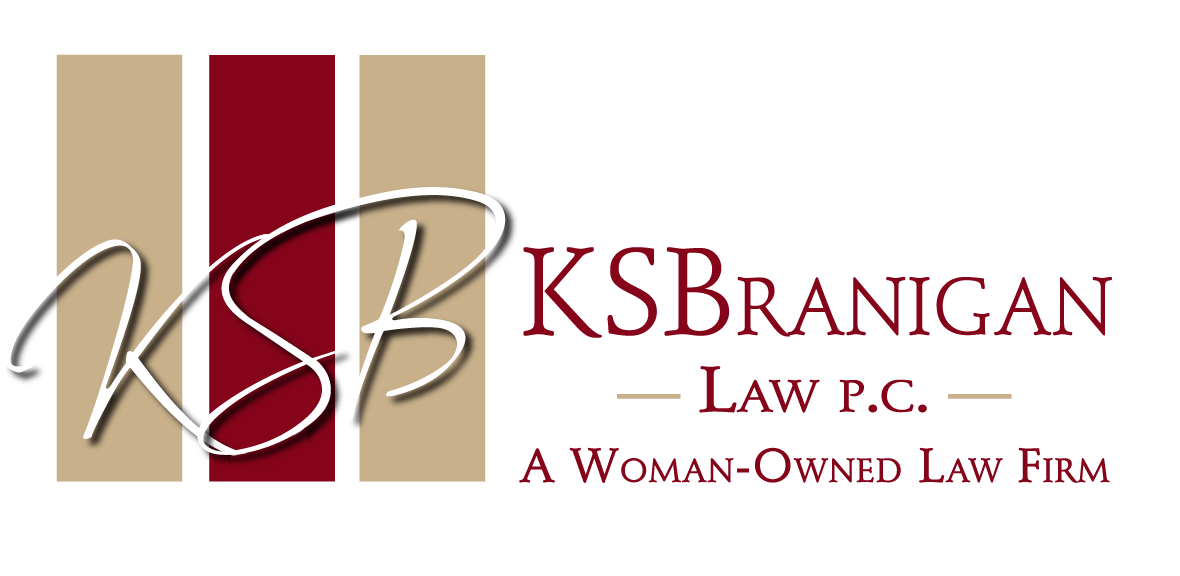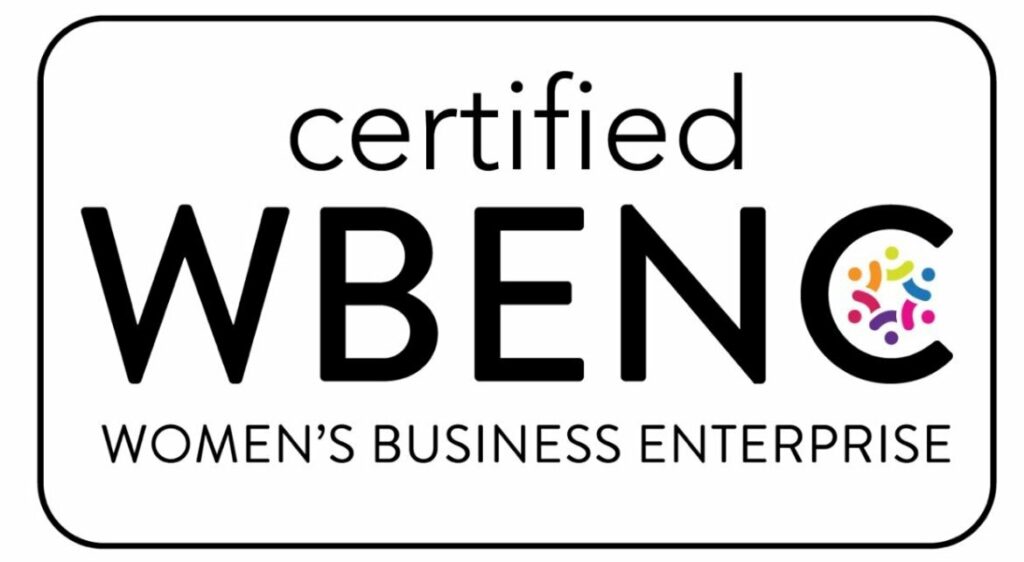The National Labor Relations Board (NLRB) overhauled the standard to assess the legality of workplace rules and policies. The new standard reflects a different approach for evaluating facially neutral employer work rules that do not expressly restrict employees from engaging in protected concerted activity under Section 7 of the National Labor Relations Act (NLRA).
The recent NLRB decision in Stericycle Inc., 372 NLRB No. 113 (2023) and Teamsters Local 28 signified another step by the NLRB to address, protect, and restore employees’ rights to engage in protected concerted activity under the NLRA. In doing so, It followed prior NLRB’s decisions in McLaren Macomb and Lion Elastomers LLC II. In McLaren Macomb, the NLRB limited non-disparagement and confidentiality clauses in severance agreements for both union and non-union employees. In Lion Elastomers LLC II, the NLRB limited the right of employers to discipline employees for speech or conduct that may be offensive, abusive, profane, or harassing while engaging in protected concerted activity.
In the underlying Stericycle matter, an Administrative Law Judge applied the standard established in Boeing Co., 365 NLRB No. 154 (2017), and found that the employer violated Section 8(a)(1) of the NLRA by maintaining certain rules for employees with respect to personal conduct, conflicts of interest, and confidentiality of harassment complaints. On further review, the NLRB had several criticisms of Boeing Co. that resulted in the standard now in effect.
Criticisms of the Boeing Co. Standard
The NLRB criticized the Boeing Co. standard on the grounds that it enabled employers to adopt overbroad work rules that chilled employees’ rights to engage in protected concerted activity under Section 7 of the NLRA and failed to account for the economic dependency of employees on their employers. That economic dependency typically made employees anxious to avoid discharge or discipline. The NLRB determined that employees might reasonably construe an ambiguous workplace rule to prohibit statutorily protected activities and, therefore, avoid the risk of violating the rule by engaging in protected concerted activity.
The NLRB also critiqued the fact that Boeing Co.’s balancing approach measured employer interests against employee interests without any requirement that a rule be narrowly tailored to serve the employer’s legitimate interests. As such, Boeing Co. improperly permitted overbroad workplace rules so long as the employer’s interests advanced by the rule did not outweigh the burden on employees’ rights, even if such interests could still be advanced by a more narrowly crafted rule that minimized the burden on employees’ rights.
In Stericycle, the NLRB reasoned that Boeing Co.’s balancing test gave too much weight to the burden a workplace rule could impose on an employer’s interests and too little weight to the burden a workplace rule could impose on employees’ Section 7 rights. Boeing Co. also permitted overboard workplace rules by not requiring the employer to narrowly tailor rules to promote only its legitimate and substantial business interests. The NLRB cited the primary problem with Boeing Co.’s categorical approach was that it was regularly applied to designate generally all workplace rules as always lawful to maintain, no matter their specific wording, the specific industry or workplace in which the employer maintained the rule, the specific employer interests that the rule was supposed to advance, or any number of context-specific factors that may have arisen in a particular case.
New Standard
The new standard set forth in Stericycle built on and revised the standard the NLRB had previously set forth in Lutheran Heritage Village-Livonia, 343 NLRB 646 (2004). Under the modified standard as adopted in Stericycle, the NLRB determined that a workplace rule will be presumptively unlawful if the General Counsel of the NLRB can show that a challenged rule has a “reasonable tendency to chill” employees from exercising Section 7 rights.
The General Counsel will meet this burden if an employee could reasonably interpret the rule to have a coercive meaning, even if the rule could also be reasonably interpreted not to restrict Section 7 rights and even if the employer did not intend for its rule to restrict Section 7 rights. Accordingly, the NLRB will interpret the rule from the perspective of an employee subject to the rule who is economically dependent on the employer and who contemplates engaging in protected concerted activity. The employer’s intent in maintaining a rule is immaterial.
After an employee shows that a workplace rule could reasonably have a coercive meaning, an employer may rebut the presumption of unlawfulness by proving that the rule advances a “legitimate and substantial business interest that cannot be achieved” by a more narrowly tailored rule. If the employer proves this defense, then the NLRB may find the workplace rule to be lawful to maintain.
In establishing this standard, the NLRB rejected Boeing Co.’s categorical approach. Instead, it returned to a more particularized analysis of specific rules, their language, and the employer’s interests actually invoked to justify them. In other words, a determination of the lawfulness of a workplace rule must be determined on a case-by-case basis.
The NLRB maintained that requiring employers to narrowly tailor their rules is a critical part of working out the proper adjustment between the employees’ right to self-organization and employer’s interest in maintaining discipline. It acknowledged the right of employers to craft rules to advance legitimate and substantial business interests while necessarily minimizing or eliminating the burden on employees’ rights. Further, the NLRB determined that allocating this burden to the employer is sensible because the employer is in the best position to explain its legitimate and substantial business interest, how its rule advances that interest, and why a more narrowly tailored rule would fail to advance that interest.
Thus, when evaluating a potentially overbroad work rule, the NLRB will examine the specific wording of the rule, the specific industry and workplace context in which it is maintained, the specific employer interests it may advance, and the specific statutory rights upon which it may infringe. Further, the NLRB pronounced that this new standard will apply retroactively to pending cases.
Investigation Confidentiality
Employers should take note that this decision specifically overrules Apogee, which had previously held that investigative-confidentiality rules limited to the duration of the investigation were presumptively lawful to maintain. Confidentiality rules will now be evaluated under the Stericycle standard on a case-by-case basis.
For more information about Stericycle’s impact on investigations, click here.
Takeaways
-
Employers should understand that, although Stericycle dealt specifically with workplace rules with respect to personal conduct, conflicts of interest, and confidentiality of harassment complaints, this new standard will be applied to all types of workplace rules, such as rules regarding social media activity, workplace civility, cameras and recordings, and the use of company communications. Additionally, workplace rules may be struck down if they may be reasonably construed to infringe upon employees’ Section 7 rights.
-
Employers should ensure that any workplace rules are grounded in legitimate and substantial business interests and are narrowly tailored to achieve those interests. Additionally, employers should make sure that the wording of their rules is clear and unambiguous.
-
Employers should promptly update their policies, forms, and documents to comply with the new standard and train personnel on compliance.
This summary is for informational purposes only and is not intended to constitute legal advice. This information should not be reused without permission.


